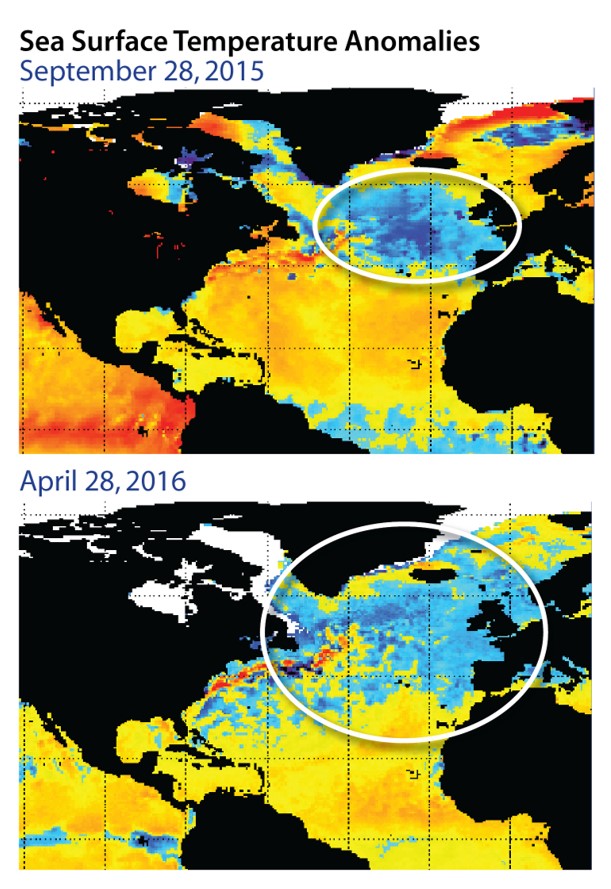It’s the greatest fight on Earth. It’s not Godzilla vs. King Kong, but when volcanoes battle hurricanes, it’s extraordinary! That is what we will see this summer.
People have trouble estimating how massive these forces are. If you dropped a Hiroshima-sized atom bomb in a Category 1 hurricane (the weakest ones), the energy would be lost in the swirl of the storm.
As for volcanoes, the 1815 eruption of Mt. Tambora in Indonesia blew up to 35 square miles of debris up to 75 miles high.
So what happens when a large hurricane collides with a big volcano eruption?
The last battle we saw was Mt. Pinatubo vs Typhoon Yunya in 1991, The Philippines Mt. Pinatubo had two weeks of eruptions that reached as much as 20 miles high. Then, a Category 3 sized tropical storm, Typhoon Yunya, slammed into the beleaguered island nation.
Which would be stronger?
Volcano vs. hurricane Sources: Lawrence Livermore National Library and NOAA
Yunya was blown to pieces. It was barely a tropical storm when it limped off the island.
In 1991, Mt. Pinatubo won. Source: USGS
This summer we will see another match of a different sort—an Icelandic volcano vs. the entire Atlantic Hurricane Season. Back in 2014/2015, Iceland had a giant eruption of a volcano under a glacier. Most of the debris was absorbed by the glacier, but 12 million tons of cooling sulfur gas poured into the air, more than Europe and Russia emits in a year. It cooled the waters of the entire North Atlantic.
According to experts, this upcoming hurricane season is supposed to be more active than normal because the tropical Atlantic is unusually hot. The wind conditions, as they normally are after an El Niño, will be perfect for storm development.

Now volcanically cooled waters are attacking the hurricane zone waters. Source: NOAA
But wait. The waters cooled by Bardarbunga are pouring south. If they cool the Tropical Atlantic, they will reduce the number of hurricanes. So will it be a hot busy tropical storm season or will a volcano cool down the action?
The hot flow of the giant Gulf Stream or the sulfur-cooled waters from the north, which will dominate the hurricane season. If the US has a quiet tropical storm year, we may all have to give thanks to a lonely volcano that bubbled away in Iceland.
Comments